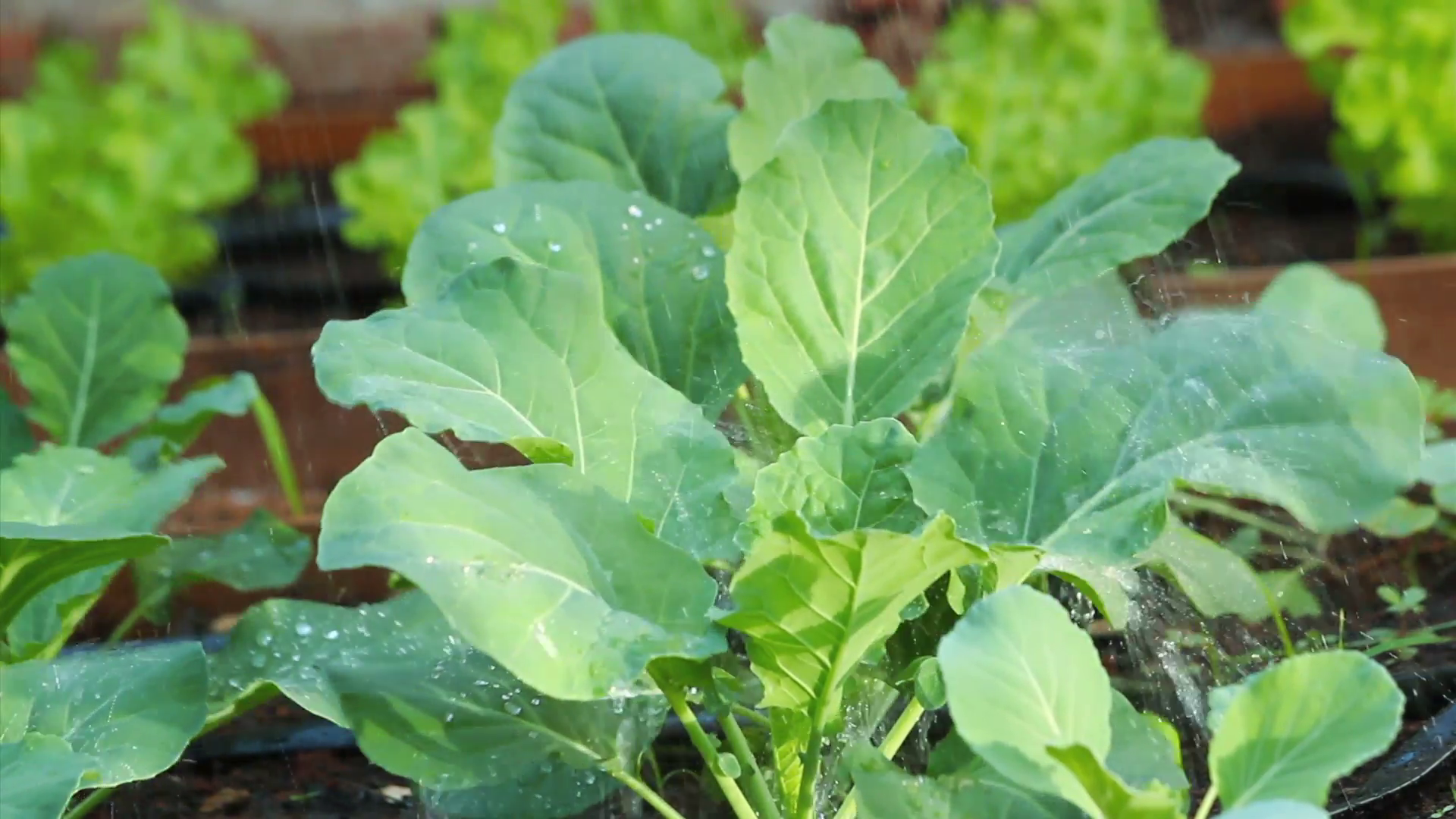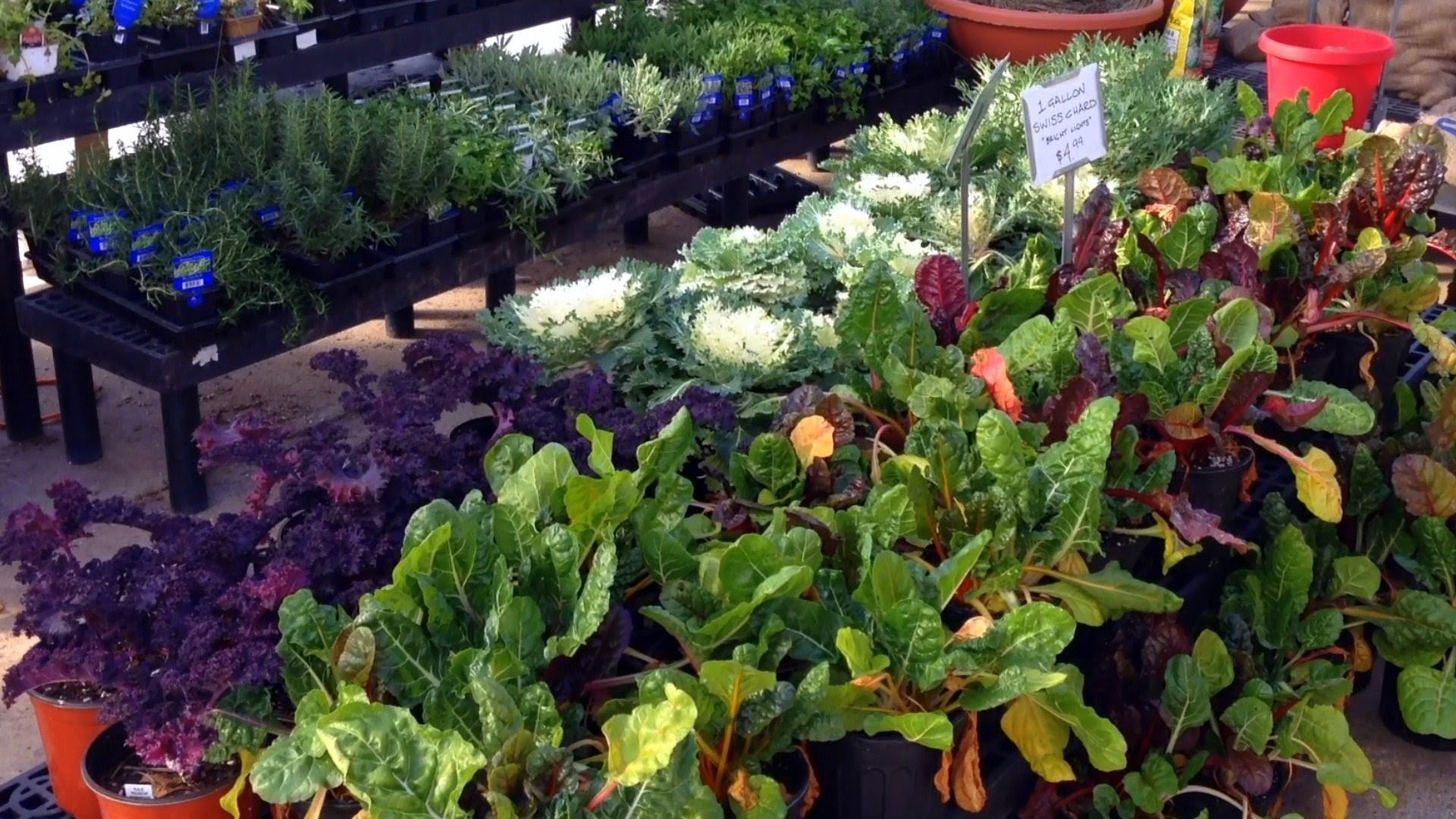A green thumb and a great deal of patience is needed to take on the hobby of organic gardening. The goal of this hobby is to grow pesticide-free and healthy food that you can enjoy. However, organic gardening obviously isn’t as easy as it might sound. If you want to have the most professional gardening skills you can, read the tips in this article.
A great way to ensure that your organic garden will do well is to keep a section of your land unspoiled. The natural wildlife will spring up and make for a perfect organic habitat. One side effect of this is that where animals thrive, so do birds and insects that help nurture and pollinate plants, which will increase the quality of your garden.
In order to maximize the efficiency of your gardening, ensure your gardening tools are kept close by you. You can make use of a bucket, or wear pants that have plenty of pockets. Keep your gloves, pruning shears, a hand spade and your other tools handy to quickly and easily do your garden maintenance.
Take your seedlings and saplings to a cooler spot once they are established. As your plants grow, you will want to put a little distance between them and heat. Also take any plastic films off of your containers, so you can keep the warmth and humidity out. Unless you closely monitor your seedlings, you may not move them in time.
Have some plastic bags on hand that you can put over your gardening shoes if they are muddy. Having these available lets you keep your flow in movement, and helps you return to your gardening fast so you can finish up your day.
Put used coffee grounds on the soil. Your plants will thrive from the nitrogen contained in the grounds. Using coffee grounds or any other source of nitrogen contributes to the growth of taller, fuller blooms.
Space is very important when you plant an organic garden. You can underestimate how much space you need when they are growing. This will give you enough room to work around your garden without smashing any plants. If you put enough thought into your garden, you will enjoy more impressive results.
Within your composting heap, ensure that there is an equal split of dried and green plant materials. When you pull weeds from your garden, throw them in the compost. The same goes for vegetable trimmings and grass clippings. These are considered green materials. You can add dried plants by throwing straw, shredded paper, woody materials and cardboard on your pile. Don’t include ashes, diseased plants, charcoal meat, or carnivorous animal waste.
Try lightly ruffling the seedlings with your hands about twice a day. This probably sounds like an odd recommendation, but research has shown that this technique encourages more plant growth, than no petting at all.
Organic gardening combines hard work, patience and nature. This hobby makes use of the land around us to grow something that tastes really good. To transform yourself into a successful organic gardener, simply follow our tips and put in a bit of effort!…

